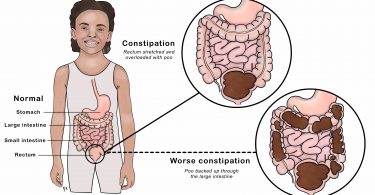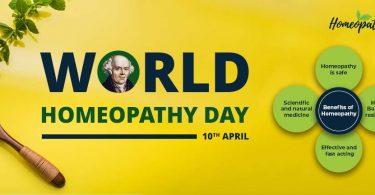Author:
Dr Aparna.B
MD (Hom)
Department of Organon
J.S.P.S, government homoeopathic medical college Hyderabad.
Under the guidance of Dr G. Srinivasulu
Hahnemann, identifies the Divine nature of human mind and it’s ability to distinguish the curative powers of nature.
KARL MARX appears to say that human nature is no more than what, made of social relations.
Dr BURR, an anatomist ,sees the unity of human being as develops from a single fertilized egg,at every stage of development,there is a marvellous unity .
In aphorism 5, Hahnemann says to investigate a patient ,his moral and intellectual character ,his occupation, mode of living, habits social and domestic relations etc. As, Karl Marx stated that human nature is made of social relations.
The potential health impacts in relation to humanity degree of relationship to nature and life style choices.
There is an interconnection between the human nature relationship and human health. This is similarly , stated by Dr. Samuel Hahnemann in aphorism number 5.
Environment sustains human life , can also cause diseases , these hazards can be physical, pollution, toxic chemicals, food contamination, social, poor housing condition.
Hahnemann classified these ,as an exciting causes for acute diseases in aphorism 73.
The environment will effect the regulation of genes. Mutations are not only the agents for altering Gene function. Environment factors plays a role in chance of developing disease in life time,as stated by Hahnemann in aphorism 5, about the investigation of patient should take into consideration about his moral, intellectual, mode of living etc, nothing but individual constitution.
No two individuals are alike ,each one possess a special personality and special psychosocial construction which is determined by the interplay of hereditary tendencies and factors of disease. Mother’s fright during nursing the child , will transmits these effects to child. These effects can be develop the child in any form, this will be known much after the separate individual had been established, that is after his growth .
This is nothing but environmental influence, this influence starts in utero itself, not only from mother, but from father at time of conception, and also familial tendencies. These prone to develop some peculiar constitution of an individual, and prone to effect with some disease.
Thus, the disease is not just due to contamination or infection, but due to influence of environmental factors, this influence starts when the person was in the womb itself. Transmission of hereditary influences starts in the womb itself. Transmission of Miasms under the influence of environmental factors takes in utero only.
So, after developing an individual, accquries a peculiar constitution, differ from another individual, each individual acquries different constitution , according to their exposure of environmental factors ,and transmission of Miasms in utero.
The individual , does not develop the immediately, an individual develops disease only if his susceptibility is altered, that is morbidly susceptible to disease producing causes. Environment factors ,and familial tendencies plays a role in accquring a susceptibility.
Environmental factors , such as pollution, exposure to toxic influences, altered social ,etc poor living, these prone to develop morbid susceptibility , and develop disease.
Thus, disease occurs not just by infection , etc but due to exposure to all these factors in the embryonic state, in utero itself.
References:
The Principles and art of cure in homeopathy, by H.A.Roberts
The Genius of Homeopathy, by Stuart Close
Environmental, Ethics, Human health:www.hastings center.org
The human-nature relationship.www.ncbi.nlm.gov
Nature,Nurture,human disease.Aravinda chakravarthy, Peter little.





